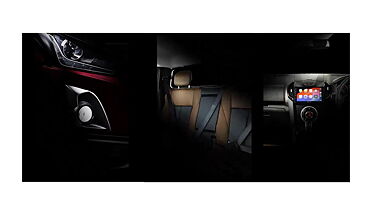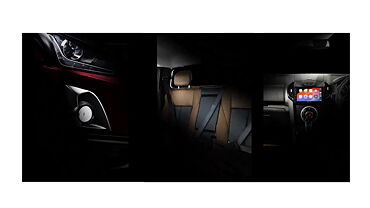NEW DELHI: Strange as it may sound but Maruti Suzuki India's outgoing Managing Director Jagdish Khattar gives full credit to a strike at the beginning of this century for success of the company that today controls over half the Indian car market despite presence of the world's who's who.
"The 90-day strike was the turning point...had we given in at that time, we would not have been what we are today," he said ruminating on his 14-year stint that is coming to an end after he refused Chairman O Suzuki's offer for extension.
He, however, was uncomfortable talking about the recent success of the Indian entity overtaking the parent company - Japan's Suzuki Motor Co - in terms of sales for the first half of the year. The feat was reported from Tokyo but Indian executives kept it under wraps for months and did not talk may be because of modesty or the fear of offending their bosses.
"The 2001 strike was one of the toughest periods that I came across in Maruti Suzuki. It was actually the turning point," Khattar said, recounting the pressure (political) he had to face in the company where the government was 50 per cent partner at that time.
The man, who joined the company in 1993 as a marketing director, remembers the "total and unflinching" support he got from Suzuki and said: "If we were to give in to agitators, we would not have been what we are today. Salaries would have shot up, too many manpower and less of efficiencies, cost of production would have escalated and our competitiveness would have been wiped out."
The workers had taken to agitation in 2001 for pay perks and working conditions and a settlement for ending the strike was announced by the then industry minister Manohar Joshi.
"The biggest strength was my own people in the factory, who despite being less in numbers kept the production going," Khattar recalled and admitted that his training as an IAS officer was also of help.
Looking back, he said he has no regrets and was leaving the company as a satisfied man who has done his job. "I am not someone who harps on the past. I have had an eventful tenure in Maruti. I have no regrets and I am leaving as a contented man."
Khattar, who saw the company change from a public-private partnership between India government and Japan's Suzuki Motor Co to a fully privatised entity, said that he was "lucky in many ways to be a part of a change from controlled economy to a liberalised one".
"Not only in Maruti, even when I was with UP Cement Corporation and during my stint in Steel Ministry, I have been a witness to the change," he said, reflecting on the time when he joined Maruti when there was a waiting list for cars and today when companies offer discounts to beat competition.
Asked if he was leaving without completing the task of matching Tatas' proposed Rs one lakh car, specially with others like Renault and Hyundai already planning ultra-low cost cars in the USD 3000 price range for India, Khattar flatly refused.
"Every company has its own strategy and we cannot be reacting to all. We need to focus on our strategy. As far as the Rs one lakh car is concerned, Suzuki has already made it clear it cannot produce a car at that price fulfilling all safety norms," he said.
Despite speculation rife on his future plans, Khattar refuses to disclose and keeps the cards close to his chest. "First I will enjoy the break and think about it (future) later," he quipped.



























